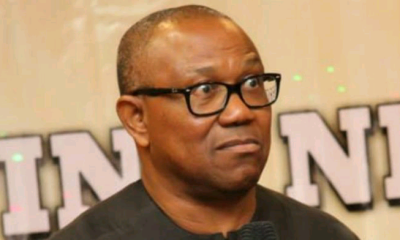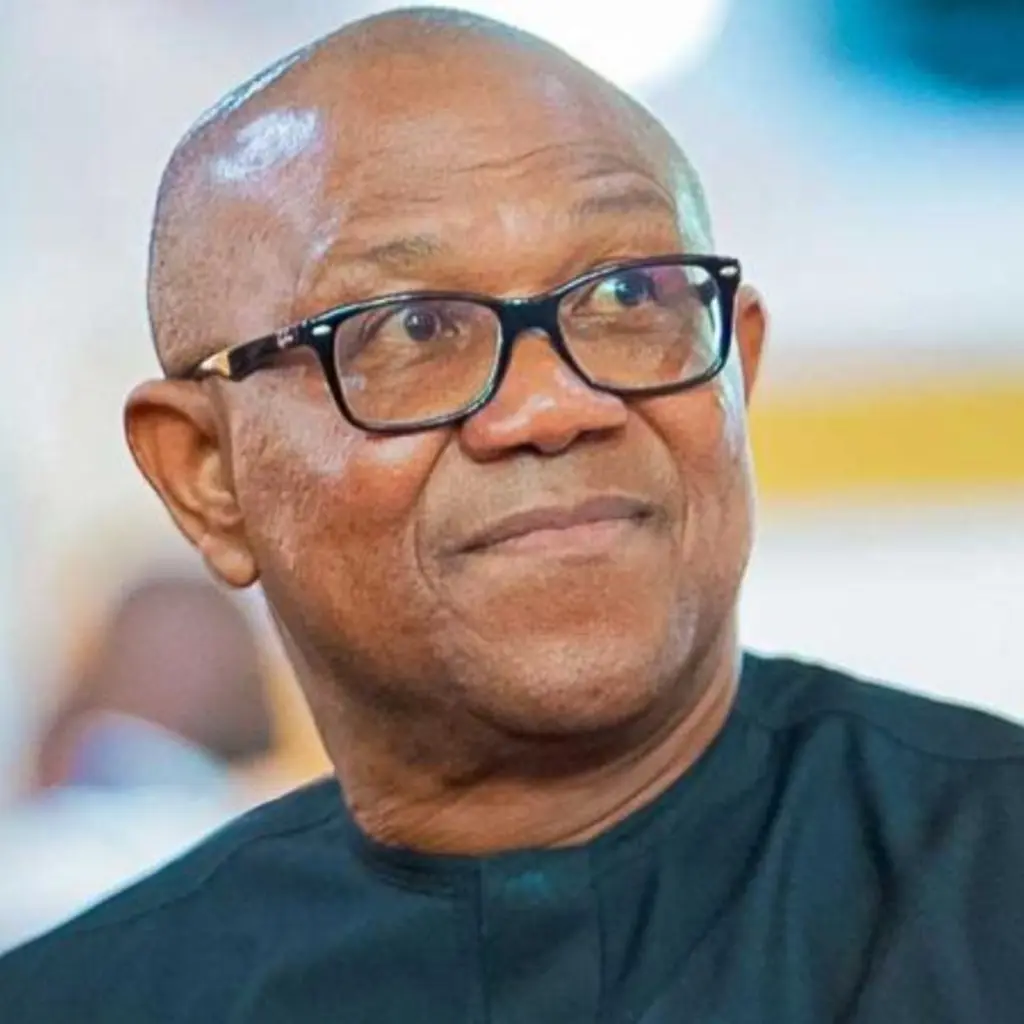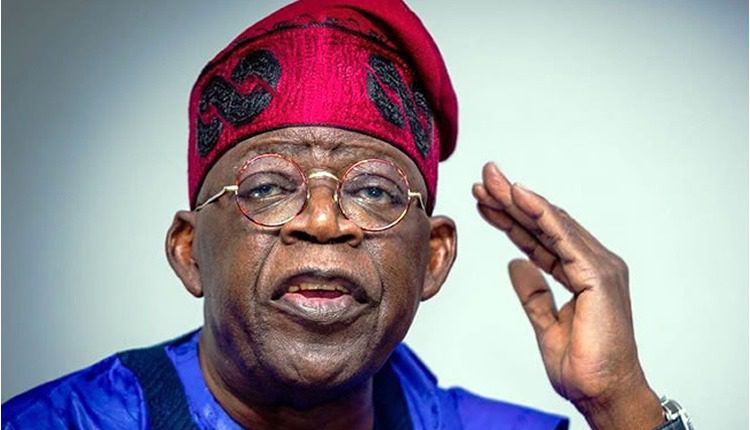The British government announced on Thursday its intention to grant voting rights in general elections to 16- and 17-year-olds, marking a significant shift that would place the UK among countries with the lowest voting age globally.
This move stems from a commitment made by the ruling Labour Party before gaining power last year, and is part of a broader set of proposed reforms to the democratic process, which some have described as “in crisis” due to issues like low voter turnout.
The proposal is expected to spark debate, as opponents argue it could be politically motivated, with younger voters perceived as more inclined to favour the centre-left Labour party.
“I think it’s really important that 16- and 17-year-olds have the vote, because they are old enough to go out to work, they are old enough to pay taxes, so (they) pay in,” Prime Minister Keir Starmer said.
“And I think if you pay in, you should have the opportunity to say what you want your money spent on, which way the government should go,” Starmer added.
To implement the change, the government will need to present legislation in parliament, where it holds a solid majority.
Globally, only a few countries allow citizens as young as 16 to vote in national elections, according to online sources.
These include Austria — the first EU member to reduce its voting age to 16 in 2007 — along with Argentina, Brazil, Ecuador, and Cuba.
Labour ministers argue the reform is designed to “modernise our democracy” and increase participation, while also matching the voting age already used in elections for devolved parliaments in Scotland and Wales.
Other planned reforms include the adoption of automated voter registration — a system already in place in Australia and Canada — and allowing UK-issued bank cards to be accepted as valid ID at polling stations.
These proposals come after the former Conservative government implemented laws requiring voters to present photo identification, which the Electoral Commission reported resulted in around 750,000 people being unable to vote in last year’s election.
Harry Quilter-Pinner, executive director of the Institute For Public Policy Research, described the proposals as “the biggest reform to our electoral system since 1969”, when the voting age was reduced to 18.
He estimated that lowering the voting age and introducing automated registration could add as many as 9.5 million new voters.
“Our democracy is in crisis, and we risk reaching a tipping point where politics loses its legitimacy,” he said, expressing his support for the proposed changes.
Credit: AFP

 BIG STORY4 days ago
BIG STORY4 days ago
 BIG STORY3 days ago
BIG STORY3 days ago
 BIG STORY4 days ago
BIG STORY4 days ago
 BIG STORY1 day ago
BIG STORY1 day ago
 BIG STORY4 days ago
BIG STORY4 days ago
 BIG STORY3 days ago
BIG STORY3 days ago
 BIG STORY3 days ago
BIG STORY3 days ago
 BIG STORY1 day ago
BIG STORY1 day ago




















